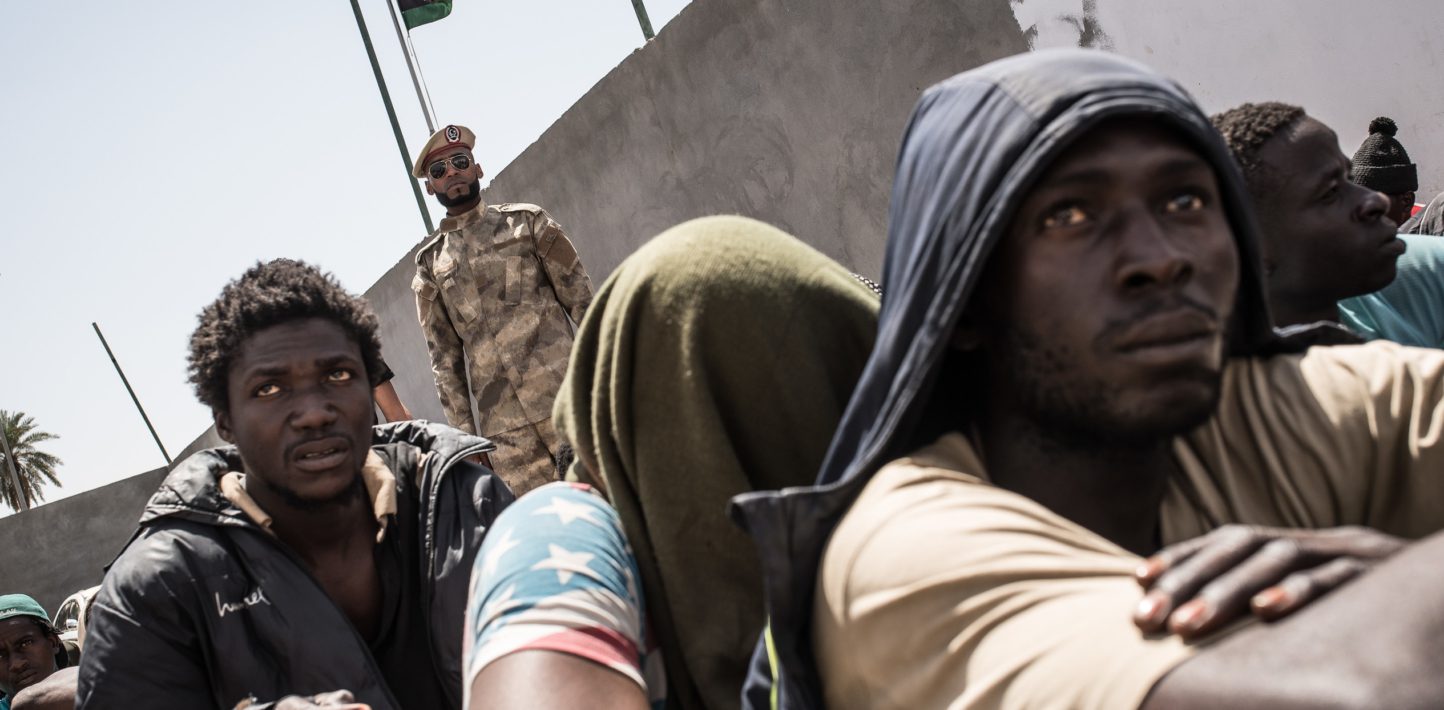Responding to news that the UN Security Council has placed global asset freezes and travel bans on six leaders of human trafficking networks – Ermias Ghermay, Fitiwi Abdelrazak, Ahmad Oumar Al-Dabbashi, Mus’ab Abu-Qarin, Mohammed Kachlaf and Abd Al Rahman Al-Milad – Amnesty International’s North Africa campaign Director Najia Bounaim said:
“Yesterday’s decision by the UN Security Council to sanction six prominent human traffickers and smugglers is a welcome first step towards justice for the thousands of migrants and refugees who have found themselves at the mercy of such individuals in Libya. These six men are accused of some of the most heinous crimes imaginable against women, men and children, including trading them and sending them to their deaths at sea.
“These sanctions send a clear message that those who exploit the situation of vulnerable people will not go unnoticed.
“Greater efforts to ensure accountability should be the priority for the international community. Those responsible for these heinous crimes must be brought to justice in fair trials. Meanwhile, these sanctions are the first step towards ensuring justice for their victims, and also towards ending the cycle of violence and abuse that has plagued post-revolution Libya.”
Amnesty International’s report “Libya’s Dark Web of Collusion: Abuses Against Europe-Bound Refugees And Migrants”, released in December 2017, documented crimes committed by four of the six traffickers sanctioned yesterday. The report also showed how people seeking refuge and protection in Europe are routinely exposed to human rights violations committed at the hands of Libyan officials and abuses by armed groups and criminal gangs, who are often working in close co-operation and to mutual financial advantage.
In a lawless country, vulnerable people fleeing from conflict and persecution have become a resource to be exploited – a commodity around which an entire industry has grown and this must come to an end.


